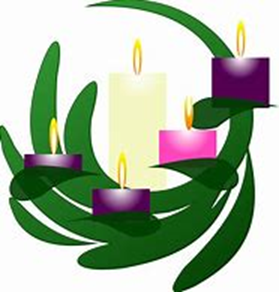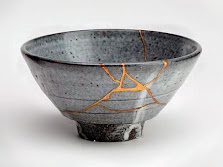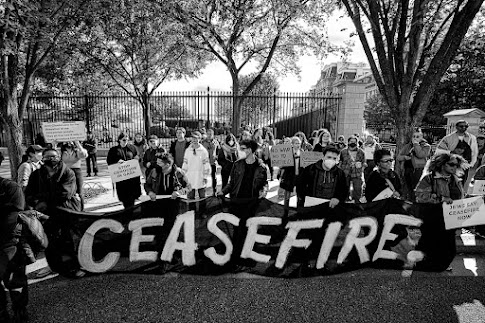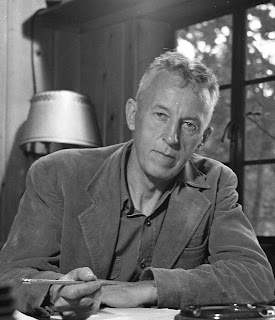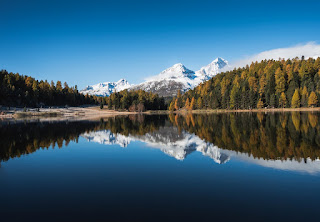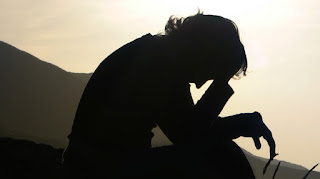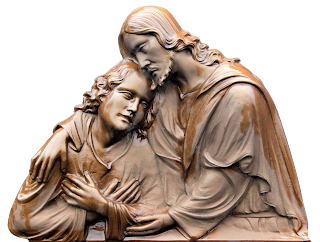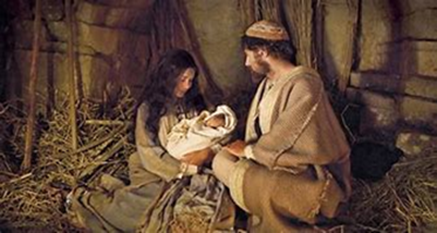
God Lightens our Burdens They that hope in the Lord will renew their strength, They will soar as with eagles’ wings; They will run and not grow weary Walk and not grow faint. (Is 40:31) During these long winter nights that seem endless and drain our energy, these words bring encouragement. They give us reassurance that God will renew our strength and lighten our spirits. Darkness can affect our mental alertness and emotional well-being. When bad things happen, like wars, shootings, abuse, and illness, a dark cloud seems to hover over our world. We can feel overwhelmed when our burdens seem too heavy to bear. But Christ’s birth has pierced the darkness and brought light and goodness to our world. On that first Christmas, God renewed Mary and Joseph’s strength to continue their journey through the darkness. Surely traveling must have been hard and painful for Mary who was about to give birth, and Joseph must have been worried and frustrated when he could not find a pl


